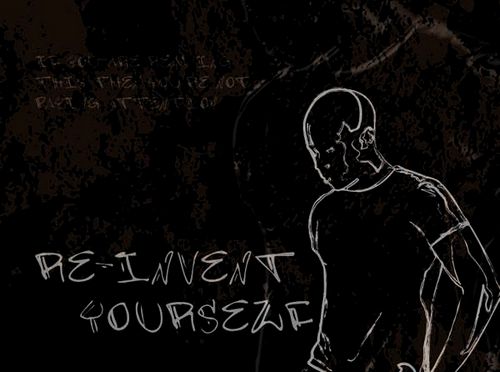
A post from the personal blog of Richard Sambrook, Director of BBC Global News, looks at one point in the massive State of the News Media 2007 report — the notion that:
 “journalism is becoming a smaller part of people’s information mix . . . (but) Journalists have reacted relatively slowly. They are only now beginning to re-imagine their roles.”
Sambrook is at the top of a newsgathering hierarchy. From my vantage in the rank and file of a U.S. newspaper, I see much the same. The prevailing notion of journalism is to lay out the facts and let the public decide what to do about the situations we report. Scoops are how we measure success amongst ourselves.
But that’s because journalists still think in a broadcast mode. Once we’ve tossed the paper or beamed the show our job is done. It’s your turn Mr. and Ms. Public, to think and decide.
But people are overloaded with information. Much of the time they don’t even notice where they read or heard whatever it was. (Check out this BBC-sponsored poll that found Google, which employs zero journalists, as the world’s third most-trusted news source, behind the Beeb and CNN!).
The traditional view that the role of media media is to simply gather and articulate events, ignores the problem-solving potential of web-based media. Nowadays we need not merely lay out the problem. We can provide the forum for discussion, if not solution.
How? Well, I had a brainstorm that I’ll try to work though my newspaper and website as an experiment. The idea is to produce a story, place it in a web forum, and invite member of the audience to share their views through open blogs.
Choose topics wisely. Abortion or gay marriage are not prone to solution. People’s feelings on such matters arise from the gut and public discussion would quickly devolve to name-calling. But there are many issues in which people have personal stakes — the governance of schools — where arguments turn on facts, such as how much money is or isn’t being spent or wasted, and where the stakeholders would be motivated to craft persuasive arguments.
If mass media are to survive I think they will have to become forums where professional journalists frame issues, stakeholders argue the nuances and policy makers surf the results and, one would hope, make better decisions.
If we can focus public attention in this way, newsgatherers should find the advertising, sponsorships and other financial supports to meet their payrolls and expenses, and perhaps even the profit expectations of our owners.
(Thanks to unmediated.org for highlighting Sambrook’s posting.)
Â